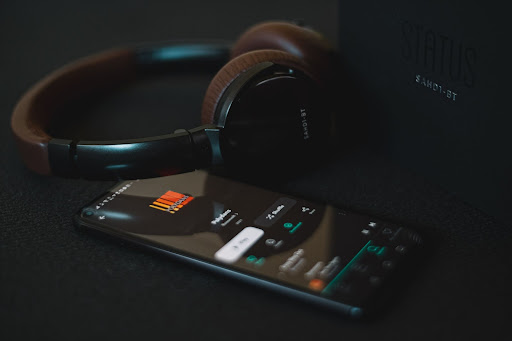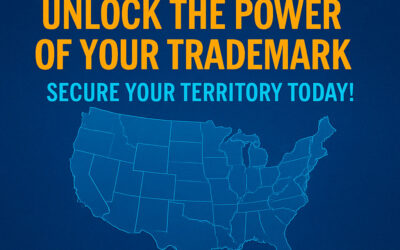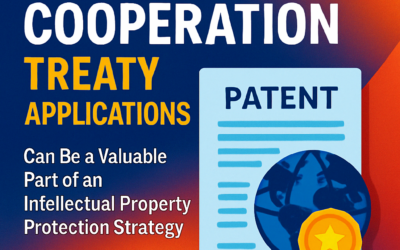Twenty years ago, one of the greatest threats to emerging music artists was online piracy. Music could be found easily on Limewire and similar apps and downloaded for free, without any pay ever going to the artist. Then from the chaos of online piracy arose music streaming apps, effectively ridding listeners of the need to download music illegally.
On apps like Spotify, listeners from around the world can hear their favorite songs for free with ads or pay a small monthly fee for an unlimited subscription. Streaming platforms then pay royalties to the artist proportionate to the amount of engagement their track gets. But are music artists truly safe from piracy on these platforms? And do streaming apps truly mean well for the artist? Here are a few ways to protect your IP:
How Much Do Streaming Services Pay Music Artists For Their IP?
Artists do get paid royalties on streaming platforms, but the pay may be less than desired. This led to a dispute in 2014, when Taylor Swift temporarily pulled her entire music catalog from Spotify in protest of their compensation to her.
Many artists, especially emerging or independent music artists, often decide that these streaming platforms are not for them. Some, such as British alternative folk band The Amazing Devil, release their music on Bandcamp weeks before releasing on other platforms, which allows limited streaming before asking listeners to buy the album. Bandcamp does not pay artists per stream, but artists do receive 85-90% of all sales of their albums.
Copyright on Streaming Platforms
Most streaming platforms have a strict policy when it comes to copyright. Platforms like Spotify, Apple Music, and Tidal all have tracking systems built in to detect possible copyright infringement and get it taken down when they find it. However, there are always some clever music pirates who will find a way around it.
If you are a music artist, and you find that someone else on a streaming platform is claiming your music and receiving royalties for it, fight back. Document all of the relevant information in as much detail as possible and submit a claim of copyright infringement to the streaming platform. They will then perform a thorough investigation to resolve the issue.
When Streaming Platforms Engage In Copyright Infringement
In order to stream music, streaming apps must first acquire the license from the license holder — whether it’s a record label or an individual artist or band. From there, the artist is paid royalties and listeners are able to stream their favorite songs either with or without limitation, depending on their plan. But some streaming platforms have attempted to shirk the rules. In 2018, Spotify faced multiple allegations of streaming music without receiving the license from a particular music company, failing to stick to IP guidelines, and failing to pay for licenses.
There are rules in place to protect your IP on streaming platforms. For most platforms, it’s good business to adhere to and uphold these rules. Ultimately, however, music artists still have to take steps to protect their copyright. That’s where Garcia Zamor can come in. We have over 20 years of experience in the field of IP law, including helping music artists protect their work. Contact us today to learn more or to schedule a consultation.







